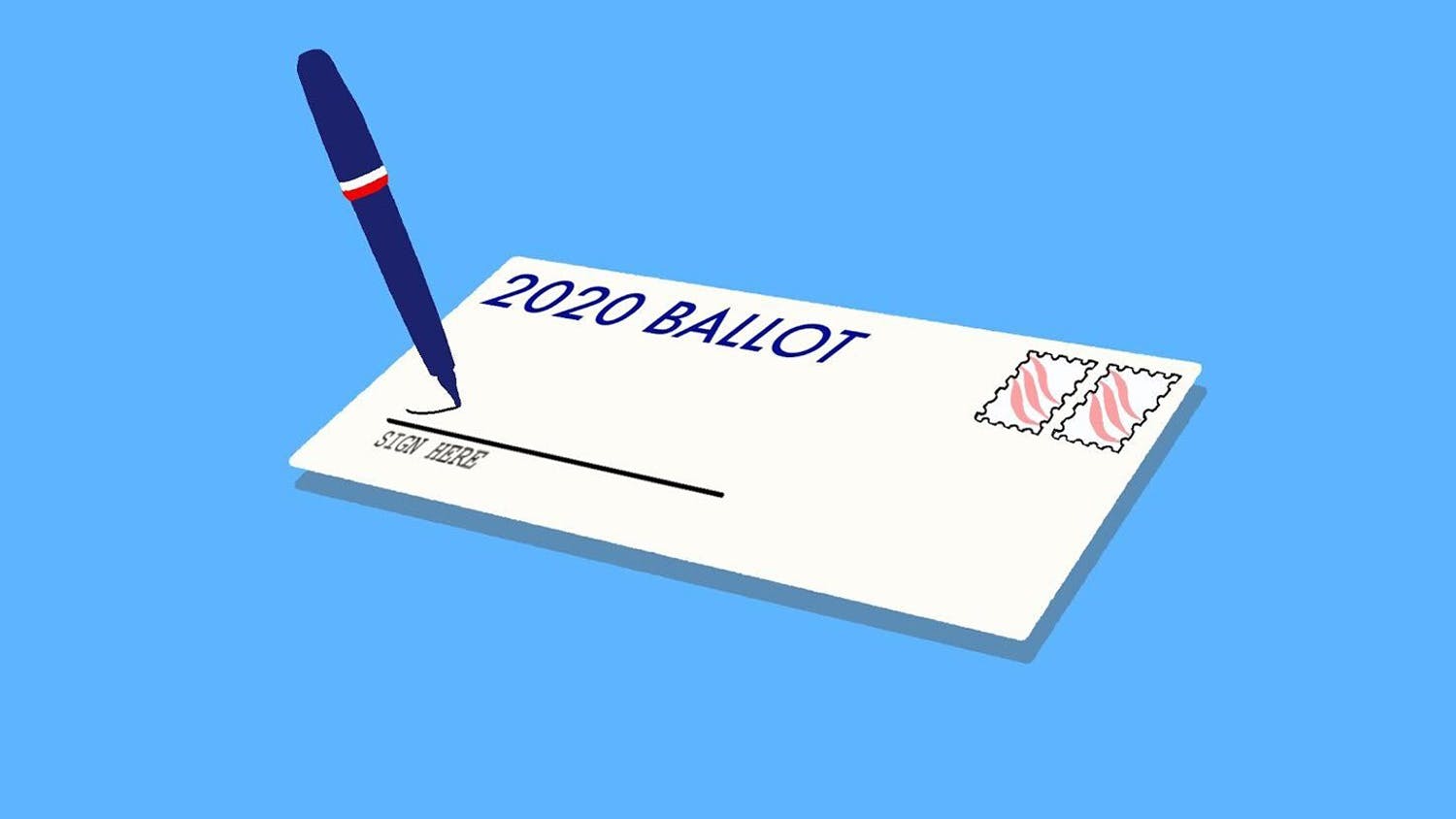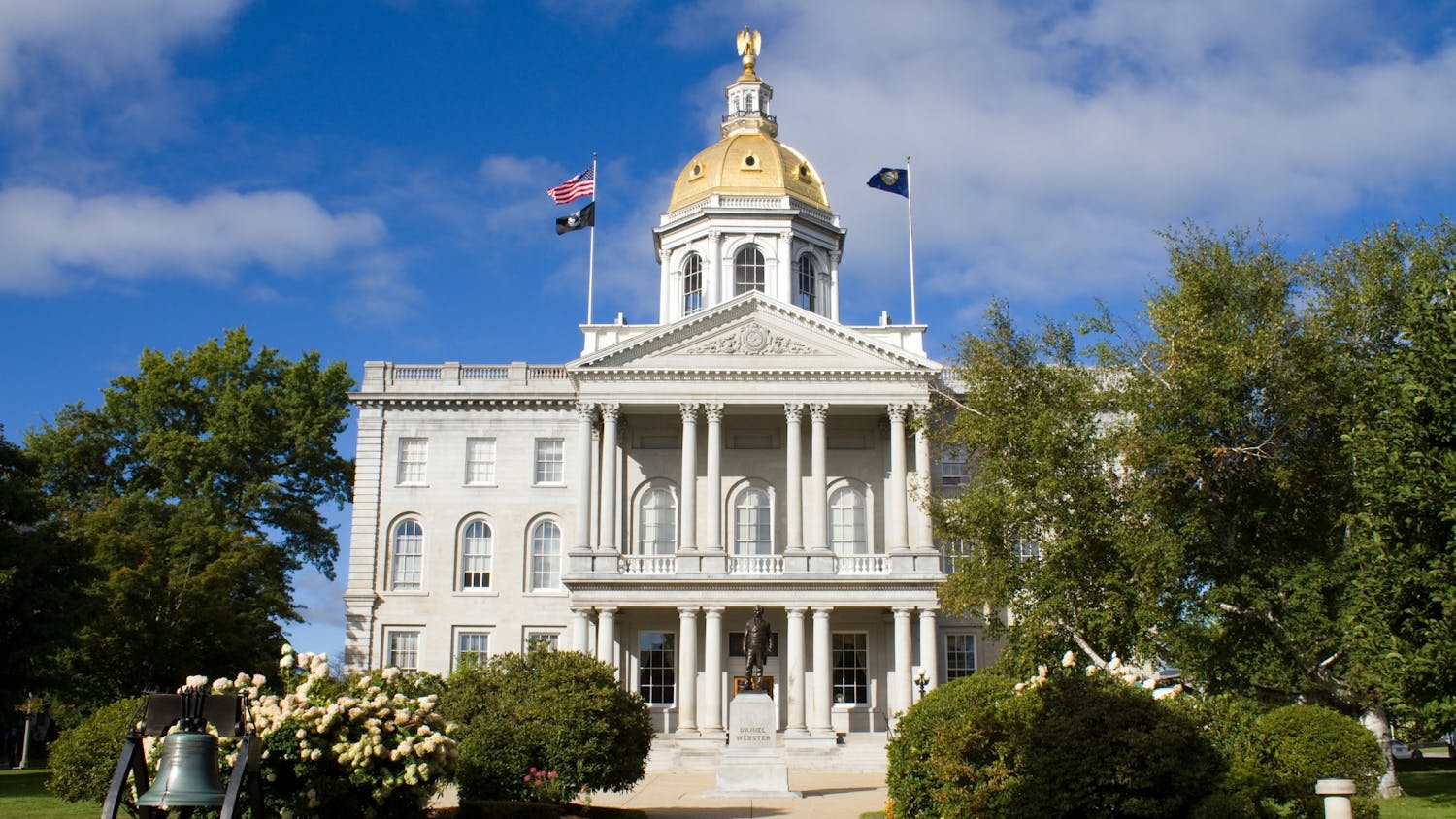My history of political engagement — or lack thereof — is embarrassing. I don’t do my research on the candidates running for Senate or House in my home state of Maryland, I don’t read my local newspaper and at best, I’ll drop in to events on campus to see a presidential candidate talking to Dartmouth students. Even though American politics matters for me as a U.S. citizen, I often get lost in the ordinary demands of the day-to-day, and political engagement just ends up taking a backseat.
But these past few weeks, I’ve been working with Planned Parenthood Votes to get Maine voters to vote for Democratic Senate candidate Sara Gideon. Though I’m still fresh, I’ve already encountered callers who run the gamut: someone who already submitted their absentee ballot to vote Biden/Gideon, a businessman who stubbornly refused to vote because he had to cater to both Democratic and Republican customers, a middle-aged mom who was concerned about what she had heard about Gideon from a political attack ad, a grandmother who passionately supported Planned Parenthood and a slew of other young adults, elderly voters and people who either only had a minute to spare or could go on for hours.
Talking to these voices with no face attached to them is both a surreal experience and a stark reminder that there are people outside of social media and outside the insulated, liberal Dartmouth bubble who think differently about this election — sometimes radically differently. And despite the sea of disconnected calls, refusals and occasional rudeness, there are voters who reconsidered who they will vote for or, at the very least, became more informed about the Maine Senate race and more animated to vote because we talked to them.
Reaching out to those few individuals who pick up the phone may be small, but the collective actions of small efforts matter. The more than 93 million individuals who have voted early recognize that their single vote is important. But in addition to voting, the extra mile can be something as ordinary as a conversation with a friend. During the 2016 New Hampshire U.S. Senate race, my campaign organizer Max Brautigam ’20 was able to convince a friend who was originally going to vote for Republican incumbent Kelly Ayote to vote for Democrat Maggie Hassan instead. Hassan ended up winning by a hair, just 1,017 votes more than Ayote’s 353,632, meaning that if only 509 people had changed their minds and voted for Ayote, Hassan would not have won. And Hassan then went on to vote for key legislation that would protect the Affordable Care Act, which millions of people rely on. So while disjunct individual efforts feel tenuous and fruitless, one individual really does have the power to effect change.
Perhaps it seems strange that a Marylander would phone bank for Maine, but Senate races are just as consequential for everyone in the U.S. as the presidential election. In Maine, Sara Gideon is running against incumbent Sen. Susan Collins who casted the deciding vote to confirm Justice Brett Kavanaugh to the Supreme Court in 2018. As a result of her vote, Collins secured a conservative legacy in the nation’s highest judicial court for decades to come that will have ramifications on society’s most contentious social issues, like the future of Roe v. Wade. Along with Gideon’s race, a handful of other tight Senate races, like Republican incumbent Lindsey Graham versus Jaime Harrison in South Carolina, are up for a toss up that could completely redirect the course of the next four years for all of us.
During my phone banking shifts, it’s exciting to see everyone in the Zoom call room. I see couples, current Dartmouth students and alumni, working adults in their free time and even high schoolers, all dialing and calling from their intimate home spaces dotted across the country. I’m constantly reminded of the fact that I’m a small part of a much larger whole, and now, instead of following the news on the screen with bated breath, I get to say that I contributed to this election in the ways that I can. Though efforts like phone banking, campaigning, donating, reminding others to vote or just talking to a friend are understated, we forget that the smallest efforts can sometimes have the biggest impact.



